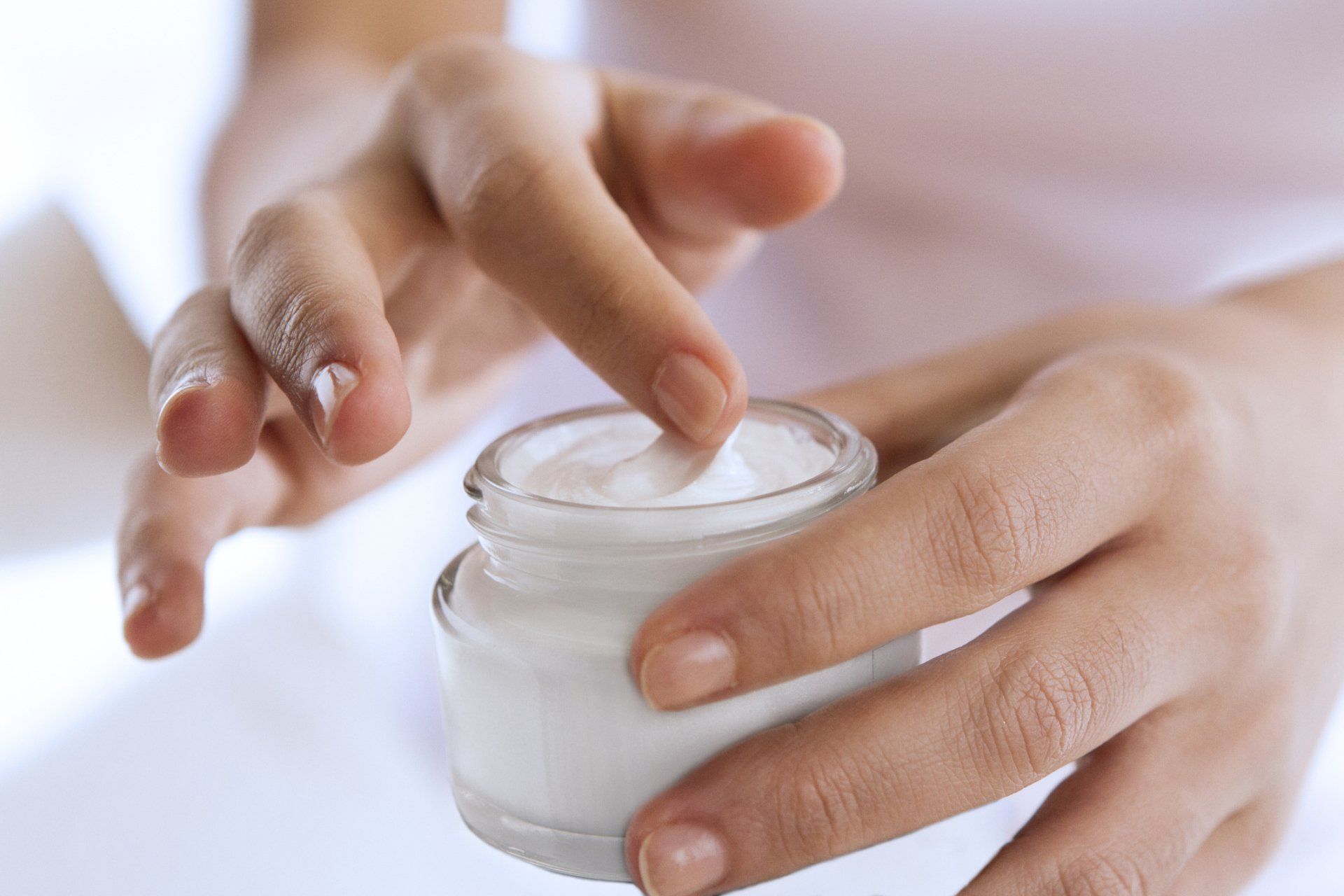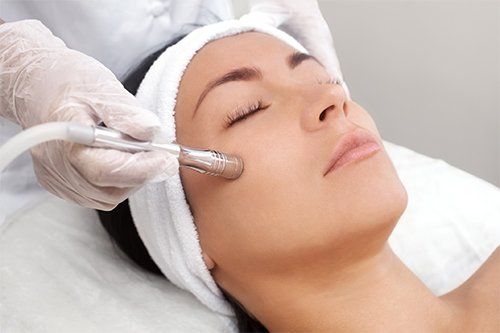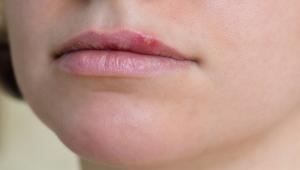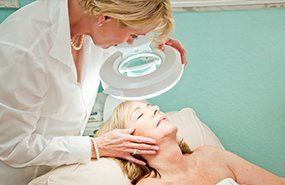Blog Post

San Antonio’s Best
San Antonio’s Best
Experience the skin care experts at San Antonio Skin & Cancer Clinic.
Button
Your Skin, Your Care
Your Skin, Your Care
Love the way you look, get started with your skin.
Button
Expert Diagnostics
Expert Diagnostics
We’ll help you stay aware and stay healthy from cancer.
Button-
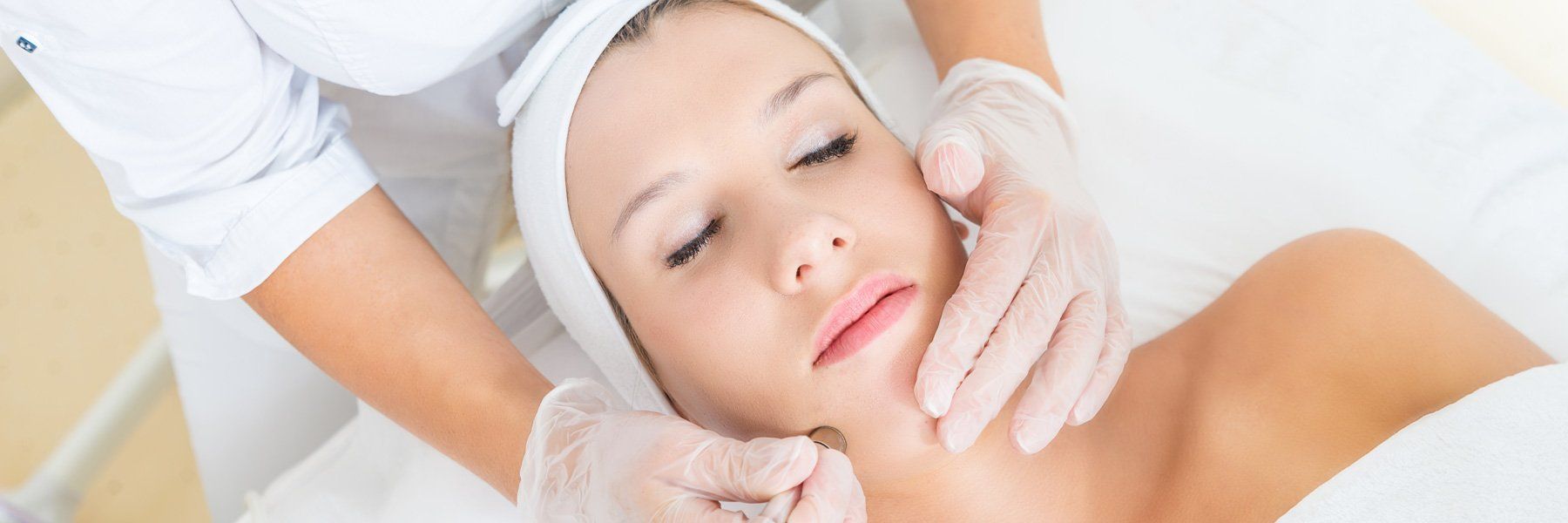
Give Us a Call
Give Us a Call
Don't be shy, pick up the phone. Your appointment is one call away.
Button
When Should You Have a Skin Cancer Screening?
- By Admin
- •
- 07 Mar, 2018

Your skin is the largest organ of your body and often the most vulnerable. Like any other organ, your skin can potentially develop abnormal cell growth that qualifies as cancer, usually a basal cell carcinoma, squamous cell carcinoma, or melanoma.
Skin cancers, even melanoma, which is the most dangerous variety, can almost always be treated effectively and easily when detected early. Regular screenings can help ensure that if you ever do encounter skin cancer, your prognosis is excellent and your treatment is simple.
However, understanding when to have skin cancer screenings is just as important as knowing that you should. In this blog, we provide the current guidelines on screening frequency for adults in general as well as for individuals at particularly high risk of developing skin cancer.
All Adults
Skin cancer can affect anyone, regardless of medical risk. Schedule your first routine screening with a dermatologist or ask your physician to include the screening in a regular physical early in adulthood.
Throughout adulthood, have screenings performed regularly as recommended by your healthcare providers. When you reach 50 years of age, have a screening performed at least once a year.
In addition to routine screenings, you should schedule an appointment with your dermatologist if you notice any of the following:
- Alterations in mole border placement or diameter
- Mole asymmetry
- New color changes on an existing mole
- Scaly spots on your skin that appear pink or gray, known as actinic keratoses
At your first screening, your healthcare provider will give you instructions for performing a self-check. You should perform a self-check at least once a year even if you have a low risk of developing skin cancer. During a self-check, look for the ABCDs: asymmetry or changes in the border, color, or diameter of a mole. You should also check for any new moles and monitor them for changes.
If you are unsure whether or not a mole exhibits concerning signs, make sure to schedule an appointment with your dermatologist.
You are considered at moderate to low risk of skin cancer if you don't fit into any of the risk factor categories we'll discuss in the next section. The individuals typically at the lowest risk are those with dark skin tones, have no family history of skin cancers, and avoid participating in high-risk behaviors like tanning.
Individuals at High Risk
Your risk for skin cancer can be complex to determine since skin lesions can develop due to environmental or genetic factors. However, you are considered at high risk if you have one or more of the following:
- A compromised immune system
- A higher than average number of moles
- A history of severe sunburns, especially burns that manifested with blisters or required hospitalization
- Fair skin, especially when combined with light eyes
- Family history of skin cancer or other cancers, especially when the cancer affected a parent or sibling
- Past radiation therapy or other forms of cancer treatment
- Previous or current immunosuppressive medication
- Tanning or sunbathing habits
While your healthcare providers will give you recommendations specific to your needs, individuals in this category generally must perform regular self-checks in addition to their office screenings.
Perform thorough self-checks at least once every three months. Schedule an official screening one to two times a year.
Use these guidelines as well as the personalized recommendations of your primary care physician and dermatologist. If you have been treated for skin cancer or another form of cancer in the past, you should consult your oncologist as well. These guidelines ensure that most adults exhibiting signs of skin cancer receive a diagnosis and treatment promptly.
For both general and emergency dermatology, trust the experts at the San Antonio Skin & Cancer Clinic.
Share
Tweet
Share
Mail
San Antonio Skin & Cancer Clinic
Medical Tower 1
7950 Floyd Curl Drive
Suite 909: 210-614-3575
Suite 909: 210-614-4185
San Antonio, TX 78229
YP Reviews
Your feedback is important!




Insurance
Content, including images, displayed on this website is protected by copyright laws. Downloading, republication, retransmission or reproduction of content on this website is strictly prohibited. Terms of Use
| Privacy Policy

 210-614-3575
210-614-3575